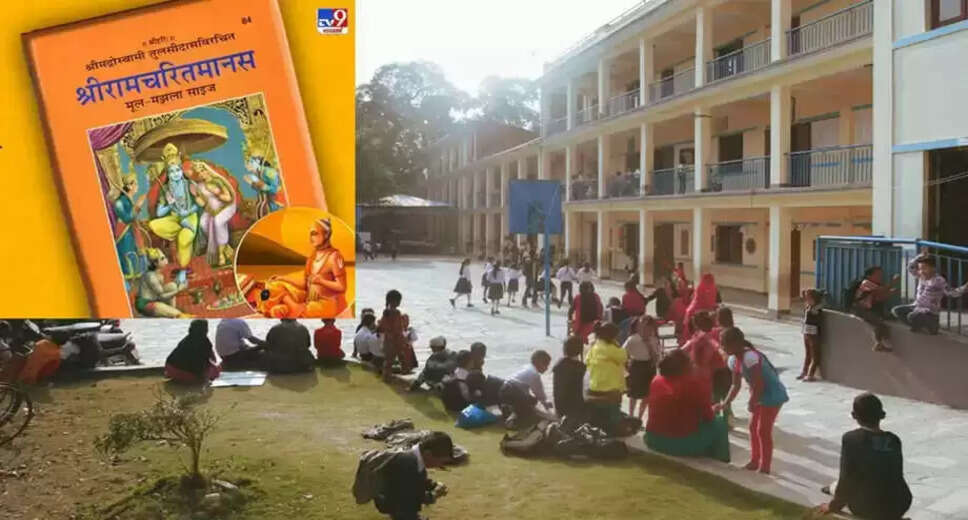Bihar's New Curriculum to Embrace Indian Culture and Traditions

Introduction of Cultural Education in Bihar
In Bihar, a fresh initiative has been launched to merge education with cultural heritage. The focus will now extend beyond language studies, incorporating Indian traditions, values, and spiritual legacies into the school curriculum. Plans are underway to include significant texts such as the Ramcharitmanas, Bhagwat Purana, and Bhagavad Gita in the educational framework. This means that students in Bihar will now engage with these important texts as part of their studies. The Sanskrit Education Board is currently developing a new syllabus to facilitate this change.
Details on the New Syllabus
The Sanskrit Education Board is undergoing a reorganization for the first time in 36 years, as stated by its Chairman, Mrityunjay Jha. This overhaul aims to revitalize Sanskrit education and enhance its relevance in modern times. By integrating technology, the initiative seeks to eliminate the prevalence of counterfeit certificates, thereby modernizing the educational approach while reinforcing cultural connections for future generations.
Integration of Technology in Sanskrit Education
During a conference for NDA workers in Bikramganj, Mrityunjay Jha emphasized that Sanskrit transcends being merely a subject; it embodies the essence of India. Efforts are being made to digitize Sanskrit education, with the development of an online portal and website already in progress. This advancement will prevent the issuance of fraudulent 'Madhyama' certificates from schools, aiming to elevate the quality and prestige of Sanskrit education.
Establishment of Model Schools
Out of over a thousand Sanskrit schools in Bihar, 45 will be designated as 'model' institutions, with at least five in each commissionerate. Mrityunjay Jha also mentioned plans to establish a model school in the Rohtas district. Additionally, students studying Vedas and scriptures in more than 400 temples and monasteries across the state will receive educational certificates under the Gurukul tradition, in collaboration with the Religious Trust Board. This initiative is viewed as a significant step towards intertwining education with cultural values.
